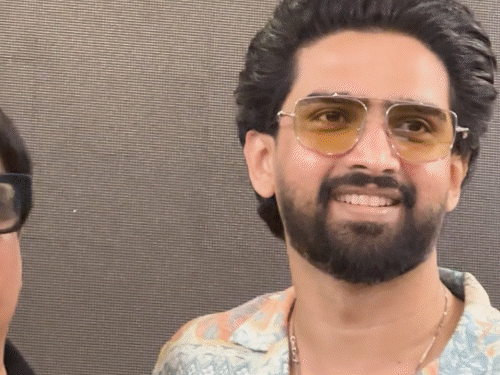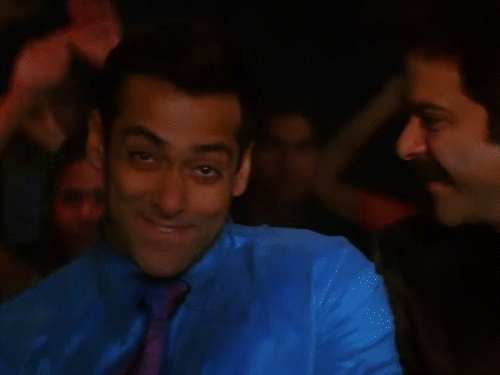- Hindi news
- Opinion
- Shashi Tharoor’s Column Remember That We Cannot take Democracy for Granted
1 hour ago
- Copy link

Shashi Tharoor former Union Minister and MP
On 25 June 1975, the country faced a new truth. There was no everyday government announcements on the radio, but a intimidation announcement- Emergency! Fundamental rights in the country remained suspended for 21 months, the press was silenced and political disagreement was crushed.
The world’s largest democracy kept on holding breath and the values of our Constitution were tested on the test. 50 years have passed for that matter, but that round is still inscribed in the collective memory of Indians.
I was in India when the Emergency came into force. However, soon I moved to America for graduation and kept an eye on the events that took place. I was full of deep discomfort. India’s uproar public life- which was used to vigorously debate and uninterrupted expression- had turned into a abusive silence.
Prime Minister Indira Gandhi stressed that this drastic step was necessary, because only the emergency could deal with internal chaos and external threats, bringing discipline and functionality in a chaotic country.
The judiciary also bowed under pressure. The Supreme Court upheld the Habius Corpus (petition to protect against illegal custody) and the suspension of fundamental right to freedom. Journalists, human rights activists and opposition leaders were jailed. A series of human rights violations began with a violation of the Constitution on a large scale.
To those who were dancing to challenge the government, torture in custody became a dark reality. The urge for discipline became cruel when Sanjay Gandhi launched a forced sterilization campaign in poor and rural areas. Thousands of people were destroyed by demolishing slums in urban areas of Delhi.
An attempt was made to underestimate all these acts later as unfortunate excesses. Some people may say that after the Emergency, it was felt for some time that the system has been established and there has been a momentary relief from the chaos prevailing in democratic politics. But the violence in the Emergency was a direct result of an autocratic system becoming a terrorist.
And whatever system he established, it was done by paying a heavy price for our Republic. The violation of fundamental rights and contempt of constitutional norms left deep marks on Indian politics. Even though the judiciary eventually showed that its spine is still persisted, his early weaknesses will not be forgotten quickly. The anger that arose among the people affected by the Emergency showed the result in the 1977 election. The public dropped Indira Gandhi and the Congress out of power.
The 50th anniversary of the Emergency has come at a time when many countries of the world are facing deep polarization and challenges before democratic norms. In such a situation, it is a time of self -consciousness for us. Emergency has told how swollen democratic institutions can be, even in a country where they have been looking strong.
This reminds us that governments can lose their moral attitude and responsibility towards the public. And the violation of freedom starts silently and later can take a formidable form. Family-employment then adopts the form of arbitrary demolition of forced sterilization and urban-employment houses.
From the experience of emergency, we have received multidimensional and permanent lessons. First, independent presses are paramount. When the fourth column collapses, the public is deprived of the information that it needs to make the politicians accountable.
Second, democracy depends on an independent judiciary, who is able to act as a security shield against the encroachment of the executive. And third, an egoistic executive nurtured by majority can pose a serious threat to democracy, especially when it is impatient to the controls and balances required for democratic systems. Emergency was possible because the then power was unprecedented centralized and disagreement was considered equal to treason!
Today we are more confident and rich than in 1975. Still emergency lessons are relevant. The tendency of centralized power, suppression of disagreement and constitutional standards can emerge in many forms. (© Project Syndicate)









Leave a Reply